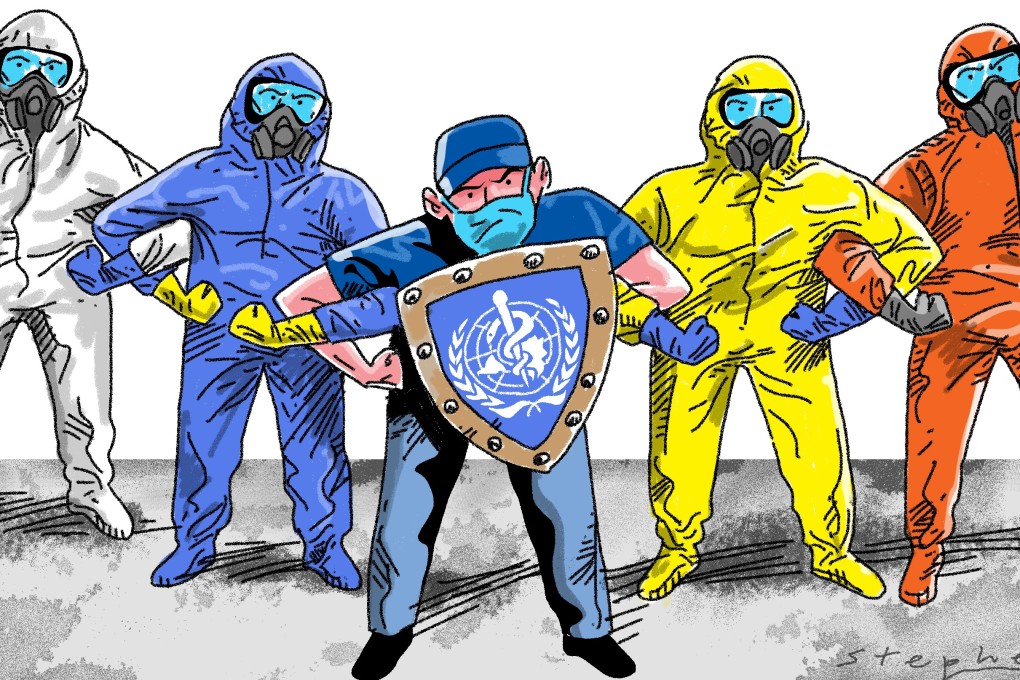Advertisement
Opinion | China has actively worked with the WHO to fight the coronavirus. Now, other countries should too
- China’s lockdown measures have helped slow the international spread of Covid-19. As the epidemic enters a new phase, China should continue to support the WHO’s global disease control efforts by sharing data, experience and innovation
Reading Time:4 minutes
Why you can trust SCMP

Since the beginning of the Covid-19 outbreak, China has taken aggressive disease prevention and control measures at home. By locking down the city of Wuhan, tracking contacts and actively treating patients, China has not only curbed the spread of the disease at home, but also slowed its international spread, creating a longer window for other countries to get prepared.
The World Health Organisation has praised China for setting a new benchmark for governments combating transnational infectious diseases.
Yet, despite these aggressive efforts, the spread of Covid-19 suddenly accelerated outside China in late February. South Korea, Italy and Iran are among the countries with rapidly expanding outbreaks. There are now over 100,000 confirmed cases globally, more than one-fifth of which are outside China.
Advertisement
How has China’s cooperation with the WHO helped the global fight against Covid-19? And with the epidemic entering a new phase, how should China further cooperate?
In my opinion, the key lies in supporting and enhancing the WHO’s central role in international disease prevention and control.
First, China has fulfilled its obligations under the International Health Regulations. Wuhan reported a cluster of cases of a mysterious disease on December 31, which was also when the WHO’s China office was informed. Researchers in China isolated the novel coronavirus on January 7 and released its genome sequence days later, laying the foundation for collaborative scientific research into the disease around the world.
Advertisement
Select Voice
Select Speed
1.00x
